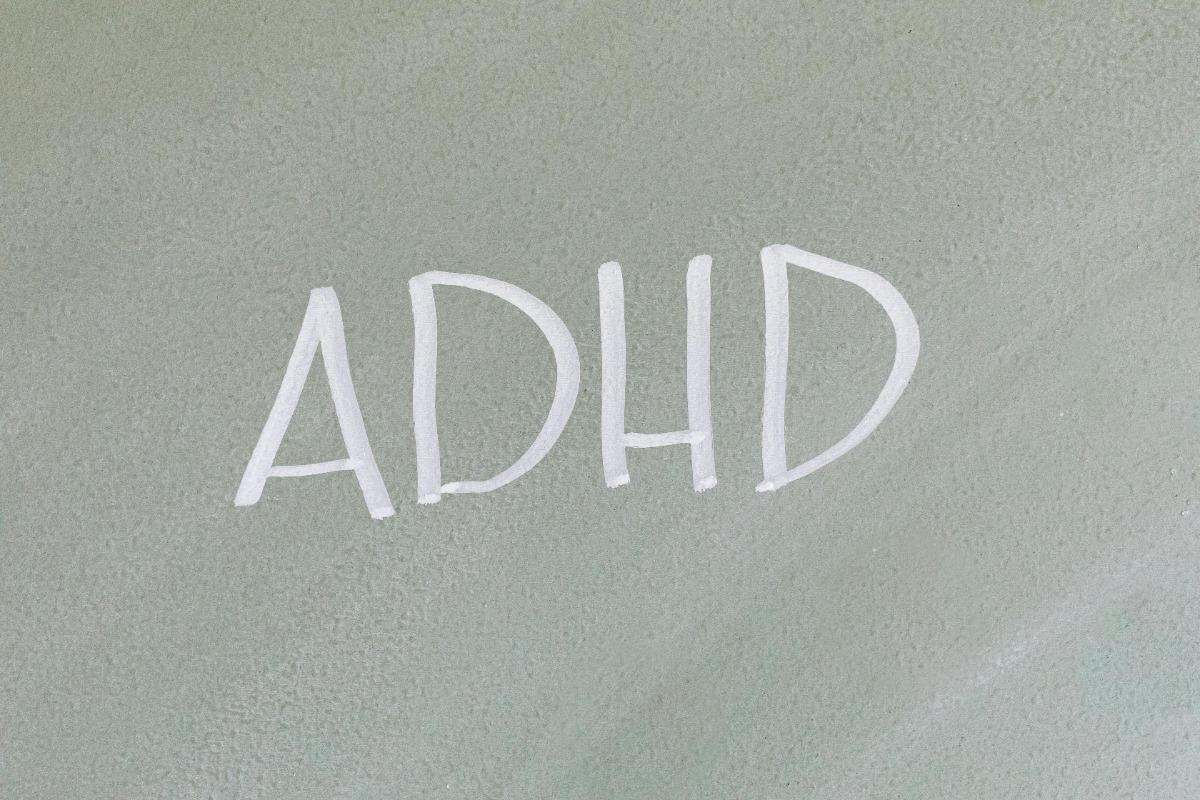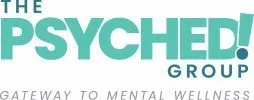
Today, we are seeing an epidemic of Attention Deficit Hyperactivity Disorder (ADHD), along with depression, anxiety, dementia, autism, and more. A neurodevelopmental disorder characterized by symptoms of inattention, hyperactivity, and impulsivity, ADHD affects millions of people in the United States, creating challenges in daily life, school, work, and relationships. According to the Centers for Disease Control and Prevention (CDC), approximately 6.1 million children in the U.S. have been diagnosed with ADHD, although ADHD can persist into adulthood, affecting about 4.4% of adults in the U.S.
Research, however, indicates that a significant percentage of children with ADHD go undiagnosed, with estimates ranging from 20% to 40%. This suggests that many children with ADHD symptoms may not receive the appropriate diagnosis and treatment, impacting their academic performance, social interactions, and overall quality of life.
There are various strategies and treatment options that can make a significant difference with ADHD symptoms, supported by advice from therapists and examples of individuals who have found success in their ADHD management journeys.
One of the first steps that can be helpful is to discuss options and strategies with a knowledgeable therapist. Whether you live in Massachusetts or Rhode Island, The Psyched Group has therapists who specialize in ADHD and are available to help via virtual or in-person sessions.
Common Symptoms of ADHD
An individual does not need to have all of these symptoms to be diagnosed with ADHD:
- Difficulty paying attention or staying focused on tasks
- Frequent daydreaming
- Challenges with organization and time management
- Impulsive behavior
- Restlessness or excessive activity
- Trouble following through on instructions
These are the symptoms of ADHD. But what are the causes? According to functional medical doctor, Dr. Mark Hyman, MD, ADHD is a systemic disorder where the body affects the brain. Everything we do impacts our brain: the inflammatory foods we consume, our thought patterns, exercise habits, exposure to environmental toxins, and how we maintain our gut.
According to Hyman, if you repair disordered brain function, it’s likely that symptoms will lessen or alleviate. What does he recommend? Check critical nutritional deficiencies, immune and inflammatory imbalances, digestive imbalances, and detoxification imbalances. For more specifics, check out Dr. Hyman’s blog on the 7 Strategies to Address ADHD.
Therapy Options for ADHD
Therapy is important in helping to manage symptoms and improve daily functioning for those with ADHD symptoms.
Behavioral Therapy: Behavioral therapy is a cornerstone in ADHD treatment, helping individuals develop strategies to manage their symptoms. This therapy focuses on changing negative patterns of behavior and developing skills for better organization, time management, and self-control.
Cognitive Behavioral Therapy (CBT): CBT is a form of psychotherapy that helps individuals with ADHD identify and change negative thought patterns and behaviors. It can be particularly effective in addressing issues like procrastination, impulsivity, and low self-esteem. Many people find that CBT provides them with practical tools to manage their ADHD symptoms more effectively.
Mindfulness-Based Cognitive Therapy (MBCT): MBCT, including mindfulness meditation and relaxation techniques, can help individuals with ADHD improve their focus and reduce stress. Practices such as deep breathing, progressive muscle relaxation, and yoga have been shown to be beneficial. These techniques help calm the mind and body, making it easier to manage symptoms. Mediation has helped me tremendously with ADHD symptoms. In fact, it changed my life, helping with focus and productivity.
Diet and Exercise: Maintaining a healthy diet and regular exercise routine can also play a crucial role in managing ADHD symptoms. Studies show that certain dietary changes, such as reducing sugar intake and incorporating more omega-3 fatty acids, can be beneficial. Exercise helps release neurotransmitters like dopamine and serotonin, which can improve mood and attention.
Medication: When considering treatment options for ADHD, there are various medication options. It's important to consult your doctor.
ADHD Success Stories
Several famous individuals have spoken openly about their ADHD and the strategies they've used to manage it successfully. For example, Olympic swimmer Michael Phelps has shared his experiences with ADHD and how swimming helped him. In his books, Beneath the Surface: My Story and No Limits: The Will to Succeed, he shares how through channeling his energy and focus into swimming, he was able to boost his self-confidence, take control of his behavior, and shake off the label of "ADHD."
Phelps is the most decorated Olympian with a total of 28 medals, including 23 golds, won across five Olympic Games. He has also broken numerous world records and is widely regarded as one of the greatest athletes in history.
Author, speaker, and host of The Mel Robbins Podcast, Mel Robbins talks often about living her entire life with symptoms of ADHD and crushing anxiety, diagnosed at the age of 47. Today, she has sold millions of books, including The New York Times Bestseller The High 5 Habit and the #1 selling The 5 Second Rule and has billions of video views, reaching 150 million people on YouTube alone in the last month.
What to Expect in a Therapy Session for ADHD
When seeking help for ADHD, therapy sessions are tailored to meet individual needs. A typical therapy session at The Psyched Group, which can take place in-person or virtually, might look like:
Assessment and Goal Setting: The therapist will begin by conducting a thorough assessment to understand the individual's specific symptoms and challenges. Together, they will set realistic and achievable goals for treatment.
Skill Building: The therapist will work with the individual to develop skills for managing ADHD symptoms. This may include strategies for improving focus, organizing tasks, and managing time effectively.
Behavioral Techniques: The therapist will introduce behavioral techniques to help the individual change negative patterns and develop healthier habits. This may involve role-playing, practicing new behaviors, and setting up systems for accountability.
Cognitive Strategies: Cognitive strategies will be explored to help reframe negative thoughts and develop a more positive mindset. This can be particularly helpful in reducing anxiety and improving self-esteem.
Support and Feedback: The therapist will provide ongoing support and feedback, helping the individual track progress and adjust the treatment plan as needed.
Expert ADHD Therapists at The Psyched Group
Managing ADHD can be challenging, but with the right strategies and support, it is possible to lead a fulfilling and successful life. By exploring various treatment options and working with a knowledgeable therapist, you can find the tools that work best for you.
Whether you live in Rhode Island or Massachusetts, The Psyched Group has therapists who are experts in helping with ADHD. Our team is dedicated to providing personalized and effective treatment to help you manage your symptoms and improve your quality of life. Contact us today to learn more about how we can support you on your journey to better mental health.
To find a qualified Psyched therapist in Rhode Island or Massachusetts, click here.
